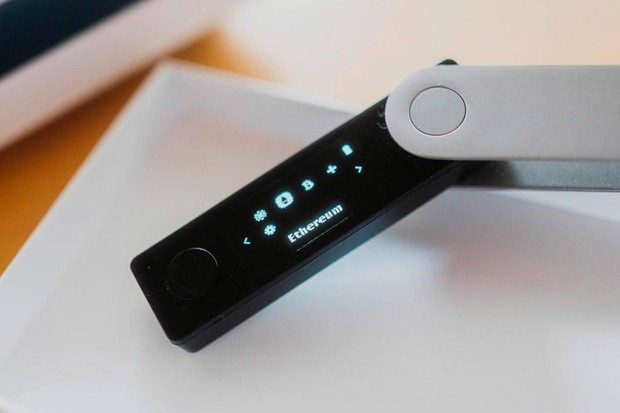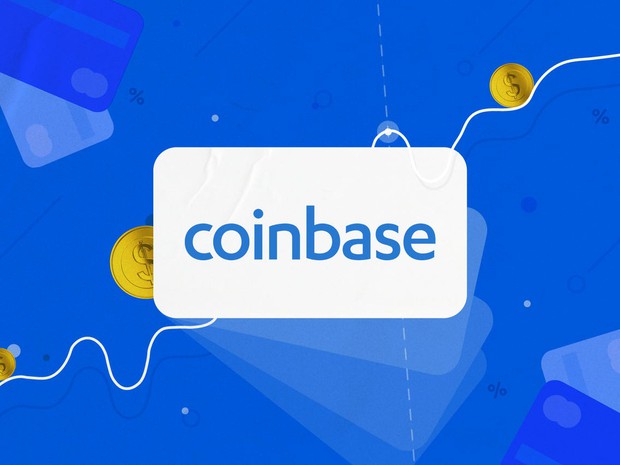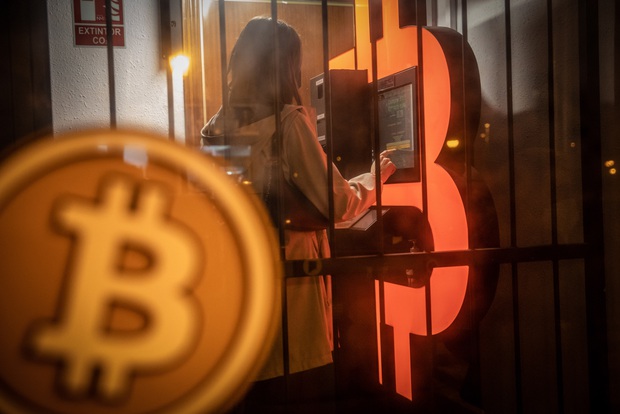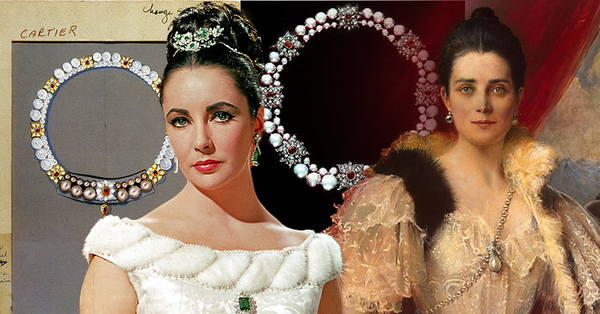After your death, to whom will the Bitcoins and digital currencies in your wallet belong?
In the digital age, the deceased can still be present in this reality in many ways, through the videos they have uploaded to YouTube, in the photo albums of loved ones on iPhone and… in a wallet. When it comes to electronics, the old folks still told each other that “where the money is, there’s the head”.

One’s e-wallet is almost invulnerable in most cases
The case of e-wallets is very special, because unlike the images on iPhone or videos on YouTube, which can all be accessed very easily, your e-wallet, it is very difficult to access it if not the owner (or a hacker who installed a keylogger on your computer).
Because of this force majeure, whether you are keeping only 100 USD on a hot wallet, or “hodl” a huge fortune in a cold wallet, it is also advisable to prepare methods to help your loved ones access that asset in case something unexpected happens. Careless carefree.
According to a study published in 2020, up to 90% of crypto investors worry about the “fate” of the digital assets they own if something unexpected happens. These concerns are extremely reasonable. As we all know, Bitcoin or other cryptocurrencies are built on blockchain technology, that is, transactions on the network will be stored on completely peer-to-peer network nodes (nodes) and are not subject to interference. management of any central organization.
This is considered the strongest advantage of digital assets when compared to traditional assets because it gives owners 100% autonomy over what they have, including the ability to access.

Owners of digital assets have full autonomy over their own assets
For this reason, millions of dollars worth of cryptocurrencies are being “frozen” each year. Cryptocurrency insurer Coincover estimates that around 4 million Bitcoins, or $68 billion at the time of this writing, are no longer in circulation due to the loss of access to the storage wallets, of which Most of the reason comes from the fact that their owner has passed away.
However, this does not mean that current digital assets are “inheritable”, investors can still leave them for posterity if they know how to plan and possess a little knowledge of the future. How cryptocurrencies work.
Send seed phrases to family members (that you trust)
Sharing a seed phrase, also known as a family security phrase, is the simplest and easiest way for you to “pass on” your digital assets to posterity. Some famous names in the virtual currency investment world have also publicly used this method, typically Hal Finney.

Hal Finney is one of the first people in the world to own Bitcoin and he also revealed that he has “entrusted” the wallet security code to a family member in case of unforeseen circumstances.
This man is one of the first people to own Bitcoin in the world and also the first recipient of BTC from the mysterious founder Satoshi Nakamoto. In his will, he wrote that he would leave his children the amount of Bitcoin he owned by providing them with a security key to access the wallet.
Although simple, experts in the world expressed deep concerns about this approach. Because they require the heirs to have certain knowledge in the field of crypto. On the contrary, this property can be in serious danger if this security key falls into the wrong hands or has a conspiracy to appropriate it.
Some centralized exchanges can unlock assets if there is a death certificate
While not very popular, many centralized exchanges can unlock the assets in the wallet of the deceased for access by the next of kin in the event of a valid death certificate.
Coinbase is an example, the largest cryptocurrency exchange in the US will allow relatives to access the accounts of recently deceased relatives if there is a valid death certificate and will. However, this is not an official service of Coinbase and is provided through an attorney’s office specializing in inheritance.

Coinbase is ready to unlock assets for relatives if there is a valid will and death certificate
As for Binance, the world’s largest cryptocurrency exchange platform also said it will help families access the accounts of their deceased loved ones, but the detailed process has not been disclosed. A representative of Binance said that just contacting customer service, relatives will be guided step by step to be able to recover the property of the deceased.
And that’s when inheritance services related to digital assets were born
Understanding the inadequacy in the procedure for inheriting assets left by deceased relatives, companies such as Safe Haven, Casa, and TrustVerse are researching and developing digital asset inheritance services using blockchain technology.

Launched in September, Safe Haven’s Inheriti digital inheritance platform gives heirs access to not only cryptocurrencies like Bitcoin but also to the social media accounts of loved ones. lost like Facebook and Google+. Safe Haven CEO Dujardin Logino said that both Safe Haven and Inheriti will never arbitrarily store any digital assets, but only provide storage services for encrypted information for other users. property requested.
at Blogtuan.info – Source: Kenh14.Vn – Read the original article here



